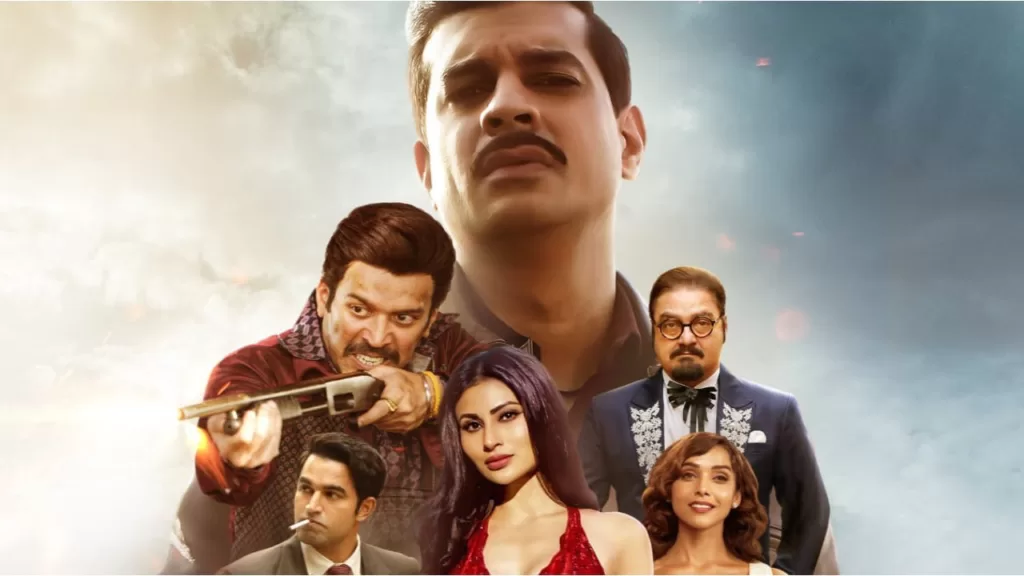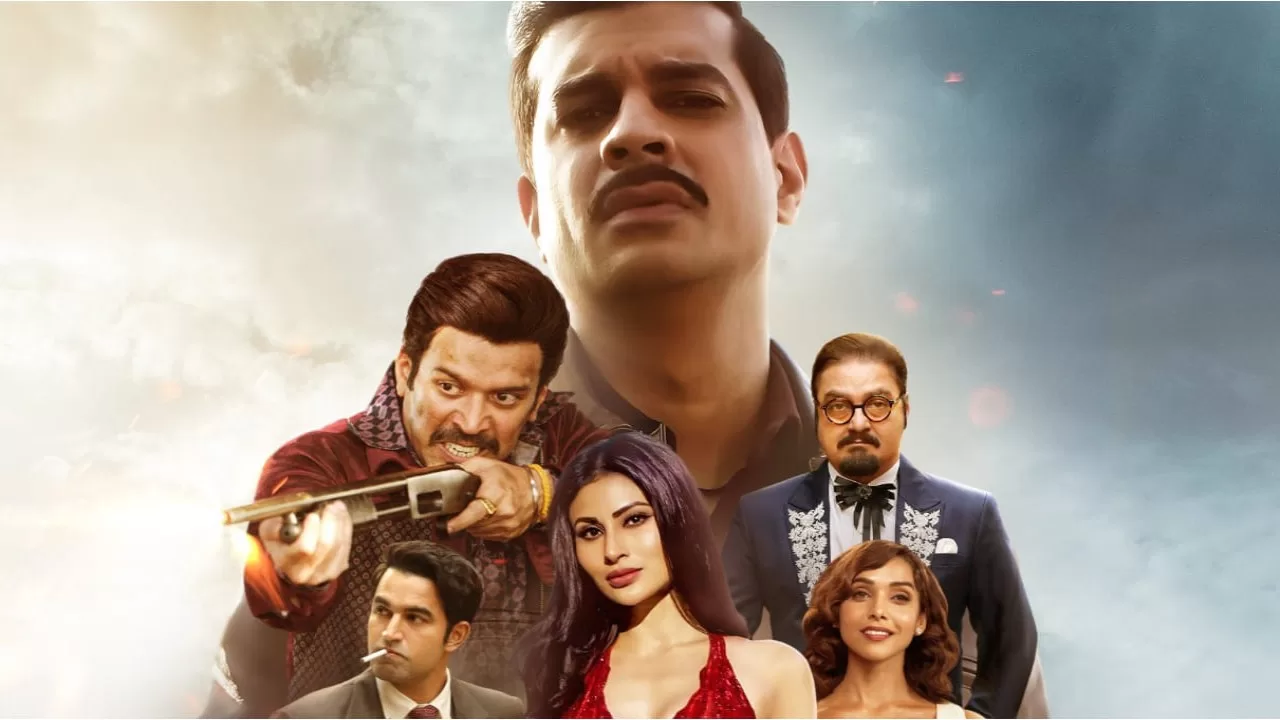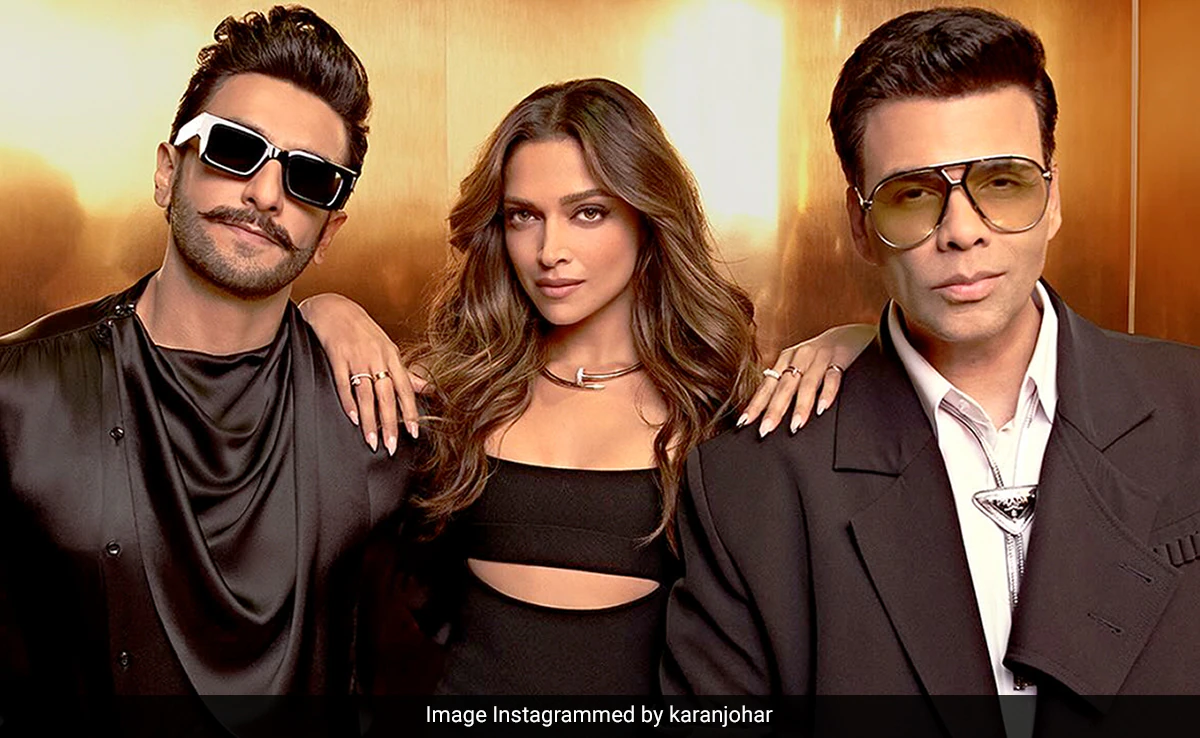Sultan of Delhi on Disney+ Hotstar seems like it’s from the gangster drama universe of Milan Luthria, who makes his series debut.

Every page of Arnab Ray’s Sultan of Delhi: Ascension screams “ADAPT ME!” Somebody was clearly reading, and listening.
If the 2016 novel is a been-there-read-that chronicle of a Partition refugee’s rise through illegality, the screen adaptation has a been-there-seen-that quality too. Familiarity breeds contempt in Sultan of Delhi, which runs on for far too long while making obvious points about the crooked route to wealth, social status and power in the capital.
The nine-episode Disney+ Hotstar series has been created by Milan Luthria and directed by him and Suparn Varma. Events begins in 1947, before and after the horrors of Partition, and then leapfrog to the 1960s. The show’s overall vibe is of the 1970s movie, with its aphorism-addicted heroes, dapper villains and oomph-oozing women.
Arjun arrives in Delhi as a child with his father from Partition-ravaged Lahore. Arjun has been transformed by the loss of the rest of his family and an overnight descent into poverty. The lessons Arjun learns at the refugee camp mould him into an amoral survivor who will stop at nothing to get what he wants.
Arjun (Tahir Raj Bhasin) forges a fast friendship with Bangali (Anjumm Shharma). They work for the suave arms smuggler Jagan Seth (Vinay Pathak), who has aspirations of entering politics.
Their chief adversary is Rajender (Nishant Dahiya). Immensely entitled, openly snooty, and having inherited his father’s mistress Shankari (Anupriya Goenka), Rajender believes that Delhi’s spoils must not be shared with parvenus like Arjun.
The bromance between Arjun and Bangali, their respective romantic entanglements, their relationship with their employer, their reckless scores against Jagan Seth’s adversaries, the suspicion and betrayal that complicate the picture – this is an extremely well-trodden path. The creators’ tendency for shouty flourishes makes the ride only that much more dull.
The most engrossing track is Rajender’s visceral contempt for Arjun. Nishant Dahiya superbly plays the odious, ruthless and instantly relatable Rajender, who is petty enough to target one of Arjun’s girlfriends (Mehreen Pirzada) but is also visionary enough to see how the gun-running racket is going to play out.
Dahiya is perfectly cast too, unlike many of the other actors. Tahir Raj Bhasin does a solid job in a role that doesn’t fit him as well as his clothes. Arjun is frequently described by Rajender as lacking class, but Bhasin is too urbane, too polished to make the jibe stick.
Bhasin also has some ghastly scenes to enact, including one in which, during yet another grandiloquent gesture, Arjun denudes himself before a gangster and his wife – who, it must be said, doesn’t bat an eyelid.
The show likes its racy moments – a distraction from the escalating tedium, perhaps? The saga of romanticised lawlessness has a classic vamp defined by her evil intentions and generously displayed decolletage.
Having barely aged a day since we first meet her with Rajender’s father, Shankari is the vazir to Rajender’s princeling, advising him at crucial moments, bending his ear, and even hatching deals mid-intercourse. The most fun aspect of this borderline parodic vamp is the evil laugh music that composer Daniel B George devises for Shankari.
Harleen Sethi, who was so nuanced in Kohhra, is wasted as Preeti, Arjun’s friend from the refugee camp. Mouni Roy turns up in a later episode as Bangali’s wife Nayantara, who is first seen performing a cabaret that exists only in a filmmaker’s dream. Events end as predicted, with a second season promising more tawdry adventures in this contemporary version of the Delhi Sultanate.



